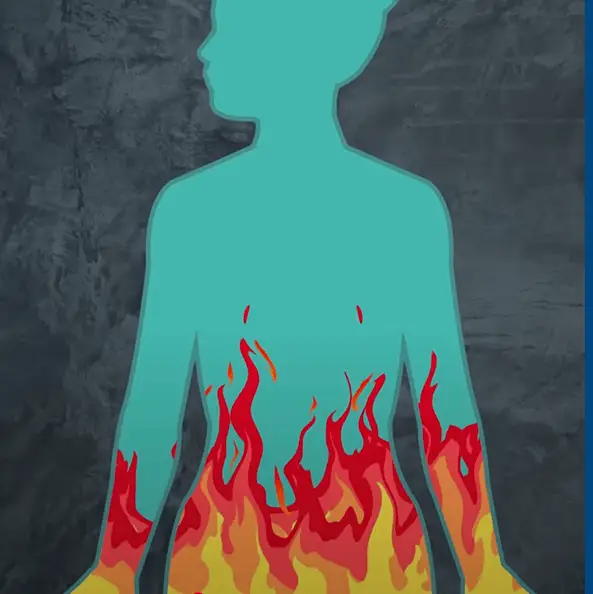
The Keto diet has worked for many when it comes to weight loss measures, but it can have harmful effects on your body that are difficult for doctors and scientists to measure over long periods of time.
In a sea of fad diets and lose weight quick tricks, the Ketogenic diet - otherwise known as Keto - is one that appears to genuinely work for many.
Instead of simply cutting out 'bad' foods and replacing them with 'good' ones, Keto completely changes your dietary structure in order to adjust how your body reacts to certain food types.
This is primarily through the high-fat, low-carb approach which is almost an inverse of what many people consume on a day-to-day basis, and this shift causes your metabolism to react, often leading to a loss in weight.
Advert
It's not all good news though, as while the fast-acting diet does show results in almost everyone that tries it, an Insider Science YouTube video outlines that it can have dangerous side effects on your body that you'll want to avoid.
As mentioned, Keto recommends that you maintain a diet of around 70% fat, 25% protein, and just 5% carbohydrates. This is drastically different to the recommended intake of around 30% fat, 20-35% protein, and 50% carbohydrates, and your body likely doesn't know how to react.
When burning carbs your body produces glucose, which is a form of sugar that energizes and fuels your body, so when that isn't present your body instead starts burning fat.
While this does understandably lead to a quick drop in your overall body weight, it also increases the amount of insulin that is generated, which in turn releases more sodium into your blood.
Increased sodium levels then causes what many call the 'Keto flu' with side effects of nausea, fatigue, headaches, and more, which feels like an inevitability that many have to power through at the start of the diet.
You'll also find that you need to pee far more and you can experience less-than-idea symptoms of diarrhea or dehydration, as the drop in carbohydrates also results in reduced levels of glycogen which stores water in your body. You'll find that the weight you're losing - at least at the start - is actually more likely to be water than fat, and this can have dangerous side effects if you're not careful.

Furthermore, while the Keto diet does actually reduce the symptoms of epilepsy, children who remain on the diet due to this can suffer kidney stones, high cholesterol, and even bone fractures.
Perhaps the final nail in the coffin for understanding Keto though is the fact that many people don't stay on the diet long enough for scientists to truly understand its lasting effects.
This is due to what's known as the 'Keto plateau', where the rapid weight losses at the start of the diet start to even out to a point where you're not really dropping any more despite eating the same way.
It's understandable then that many wouldn't want to continue to adhere to something this strict that causes the aforementioned side effects, but many remain concerned that we'll never truly understand Keto without long-term exposure.
